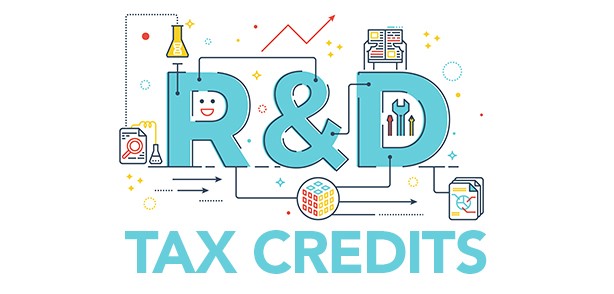Family and business do not always mix.
Sad and unfortunate, but true.
 Such is the case with brothers John Harvey Kellogg and Will Keith “W.K.” Kellogg – the men behind the Kellogg’s cereal empire. John was a famous medical doctor and W.K. was the businessman.
Such is the case with brothers John Harvey Kellogg and Will Keith “W.K.” Kellogg – the men behind the Kellogg’s cereal empire. John was a famous medical doctor and W.K. was the businessman.
Theirs was a sibling rivalry that played out in both the laboratory (where they worked diligently to create the perfect bran cereal) as well as the courtroom as they battled over intellectual property rights.
Ultimately, W.K. won this battle to use the family name and hence The Kellogg Company eventually came to be.
In his book, “The Kelloggs: The Battling Brothers of Battle Creek,” Howard Markel gives readers a peek inside the lives of these two men. It’s a true story of ingenuity, fragile family bonds, and a fierce determination to revolutionize breakfast in a healthy and efficient manner.
Listen to this NPR interview as Markel describes the story in more detail:
The Wharton School of Business also featured an article capturing the essence of this story. It too includes an interview of Markel.
After listening to both interviews, I reached several conclusions:
1. Your Product is not Enough. Without a consistent, high quality customer experience and service delivery, the innovative cereals did not stand a chance. There were plenty of competitors in the cereal space during the Kellogg brothers’ time. Yet, their company emerged as the top brand due, in part, to W.K.’s brilliant marketing. They were positioned to sustain fast growth because of the marketing as W.K. had a solid business infrastructure in place. This made effective expansion into newer and larger factories and office spaces possible.
2. Your Name May Be Your Most Valuable Asset. When the Kellogg brothers decided to part ways, the use of the family name in their respective businesses came into question. W.K. understood and successfully argued that he made painstaking efforts to protect not only the “secret sauce” behind the formulation and mass-production of their cereals, but also their family name as well. Further, W.K. recognized that the Kellogg name was synonymous with their cereals. He legally outsmarted the doctor and retained full and exclusive rights to the name.
3. Strategies Change Over Time. Companies, like the people that run them, can and more likely will change over time. One Kellogg brother, W.K., was in tune with how changes in technology, customer preferences and environment made it necessary to change the company’s strategy. Unfortunately, John was less apt to this and felt they already had a winning formula for success that did not require changing. It’s this kind of thinking that contributed to the dismantling of John’s sanitarium business, which he and W.K. at one time co-managed.
4. Know When It’s Time to Let Go. “What got you there won’t keep you there.” This can be a tough pill to swallow especially when you’ve invested so much of yourself into building your business. As Michael Gerber mentions in his book, “The E-Myth,” the technical expertise that birthed the idea for your business is not enough. It also requires good managers and true visionaries. Still, as Jim Collins points out in his book, “Good to Great,” there is yet another level of skill needed to transition a company to mega success. As a physician, John Kellogg had the technical expertise needed to develop health and wellness foods. However, W.K. Kellogg recognized the need to hire different subject matter experts to make the leap from good to great. Acknowledging when it is time to step down from your company is hard. Really hard.
It takes a special kind of person to realize when s/he might be hindering her/his company’s growth. Ego can rear its ugly head and cloud our vision so much so that we lose sight of the more important outputs of our businesses such as job creation and civic and social responsibility. This problem is compounded in family owned and operated businesses.
Are you operating or managing a family-owned business? Here are some resources you might find useful:
- Tulane University Family Business Center
- Family Owned Businesses by Inc. magazine
- University of North Carolina Family Business Forum
- Family Owned Business Resources
After reading this article and listening to the interviews, what have you learned from the Kellogg brothers?











